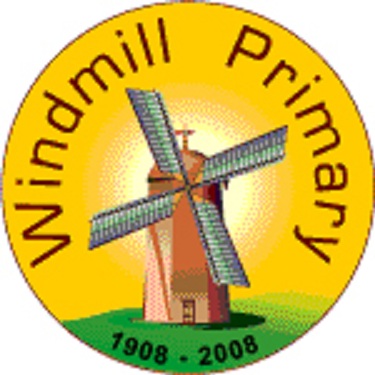Spelling
Spelling at Windmill Primary School
Spelling has often been deemed something people are ‘good at’ or ‘not’. It has the tendency to lend itself to long lists of words children simply are expected to learn and churn out at a weekly test or for exams. This, however, does not inspire passion for writing, nor does it encourage active engagement in the learning process of writing and spelling. It can easily become a hurdle.
Our aim is not necessarily to produce spellers who are good at spelling simply because they have good memories or are good at learning-by-rote. Though spelling will often have elements of this, our main aim is actually to foster writers who have a variety of strategies they can use when they do not know a spelling immediately. This will support them in finding the correct spellings whilst making sure their writing process is not interrupted or their vocabulary limited by words they do not yet know how to spell. We strive to do this through the methods below.
Implementation
At Windmill, we teach spelling using an investigative and exploratory approach. We encourage children to spot patterns within groups of words and discover the rules of spelling as they go along. This helps them to better link what they learn to unfamiliar words that may come across later on in their education.
Furthermore, we ascribe to the whole host of recent research that suggests that a multisensory approach to learning is best as we all learn things best in different ways. Therefore, we teach children a variety of practice methods and encourage them to recognise and take ownership of their own learning style by choosing the methods that best suit them when practising.
Finally, as mentioned in the above section, we put a great deal of emphasis on the different strategies children may use to tackle any unknown spellings during their writing process. We start with ‘the magic spell’, something bespoke to Windmill Primary and created here by members of the Literacy team. Using these methods and more, we encourage children to explore and experiment with spelling until they find the answer rather than simply giving up or avoiding words they cannot spell.
Spelling Objectives by Year group
Please note, the below list is not an exhaustive list of what is taught in each year group but highlights key patterns and sounds that children work on each year (separate to Phonics in Reception and Year 1). There are also common exception word lists which consist of high frequency words which do not fit into common rules which children are required to learn as part of the national curriculum.
Year 1
-
Count syllables in a word
-
Plurals formed by adding -s or -es (-ch, -s, -sh, -x, -z)
-
Suffixes -ing, -ed, -er and -est (without changing root word)
-
Prefix -un (without changing root word)
-
Compound words
Year 2
-
Plurals formed by changing y to i before adding -es
-
Suffixes -ed, -er, -est, -ing:
Consonant + y. Change y to i before adding suffixes (cry 🡪 cried, fly 🡪 flier)
Consonant + e. Drop the ‘e’ before adding suffixes (hope 🡪 hoping, store 🡪 storing)
Single syllable word ending in vowel + consonant. (Double consonant before adding suffixes. (hop 🡪 hopping, sad 🡪 saddest)
-
Suffixes –ment, –ness, –ful , –less and –ly
-
Contractions
-
Possessive apostrophe for single nouns
-
Homophones
Year 3/4
-
Adding suffixes beginning with vowel letters to words of more than one syllable
-
Prefixes -dis, -mis, -un, -inter, -super, -anti, -auto
-
Suffixes -ation, -ly, -sure, -ture, -sion, -tion, -cian, -ous
-
Possessive apostrophe for plural nouns
-
Homophones
Year 5/6
-
Adding suffixes beginning with vowel letters to words ending in –fer
-
Hyphenated words
-
Silent letters
-
Homophones
Impact
We hope that children will learn methods and strategies to support them in their spelling, and will therefore be less afraid of using new and exciting vocabulary or words which are tricky to spell. This will in turn help them to become confident and independent writers throughout their education both during and beyond their time at Windmill Primary School.
Some useful websites
https://play.edshed.com/en-gb (spelling shed, a educational spelling game platform we use in and out of school)
https://www.bbc.co.uk/bitesize/topics/zkxxsbk (KS1 spelling)
https://www.bbc.co.uk/bitesize/topics/zhrrd2p (KS2 spelling)
